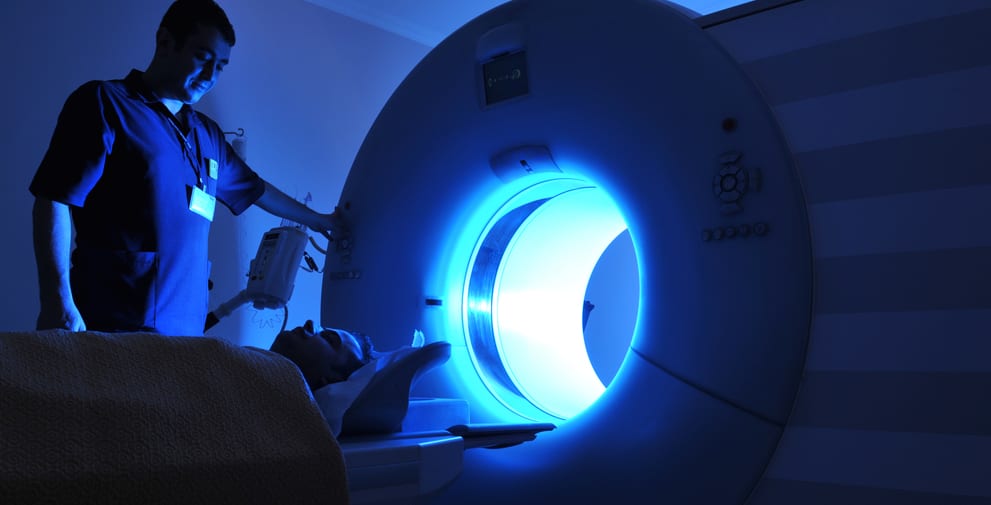The biomedical industry is among the hottest sectors of field service, driven by high growth and exciting technological advancements. As the equipment becomes smarter and more sophisticated, field service executives must seek out a new type of technician who possesses a mix of old and new skills.
Traditional skills like technical aptitude and effective customer communication are still essential — but they’re not sufficient as field workers become data and brand technicians as much as equipment technicians. Here are three key skills field service executives should consider when hiring a workforce to support increasingly complex equipment and customer demands.
Advanced Technical Know-How
To serve modern customers, biomedical techs must now make equipment repairs that have typically been beyond the capabilities of most biomedical departments, says Sonny Richards, program director and lead instructor for the Biomedical Equipment Technology Program at Stanly Community College in Albemarle, N.C.
That starts with the electronic guts that power modern medical equipment. “Those skills include such things as surface-mount and multilayer repairs, as well as enhanced troubleshooting abilities,” Richards says.
SEE ALSO: In Field Service’s Fast-Growing Biomed Sector, Soft Skills Trump Technical Prowess
A New Competency: Connected Technology
What’s more, modern biomedical technicians must be savvy with emerging digital networks, especially as new medical devices connect to and communicate with each other. Mike Martin, vice president of customer services for Philips North America, says familiarity with digital platforms, interconnected information technology environments and remote services are all technical skill requirements for Philips’ new medical equipment.
“The ability to adapt in a changing healthcare environment and the ability to operate with increased regulatory requirements are all high priority skills that were not on the radars of hiring managers five years ago.” — Mike Martin, Philips North America
“Over the next five to ten years, I anticipate an increased need for IT-based troubleshooting skills and the ability to become more of a generalist across multiple modalities rather than specializing in one product line,” says Martin, who manages a team of about 250 field service engineers who work on a variety of devices, including CT scanners and ultrasound imaging equipment.
Specialized Certifications Still Hold Sway
The need for equipment generalists, however, does not mean specialized skills will be unnecessary. Stanly Community College’s Richards says there are two main differentiators that an entry-level biomedical technician can do to stand out. The first? Attain several network certifications.
For example, Philips values CBET certification; networking certifications including Net+, CCENT, CCNA, and CCNP; and Original Equipment Manufacturer (OEM) training on a specific piece of equipment.
Secondly, Richards recommends job seekers diversify their skills with specialized training in specific areas, such as radiology.
“Nothing stands out more on a résumé than [if] student has taken the time and initiative to pursue specialized training,” he says.
Certifications and specialized training provide technicians with additional skills that are critical in the modern medical world.
“The ability to adapt in a changing healthcare environment and the ability to operate with increased regulatory requirements are all high priority skills that were not on the radars of hiring managers five years ago,” Martin says.


Share this: